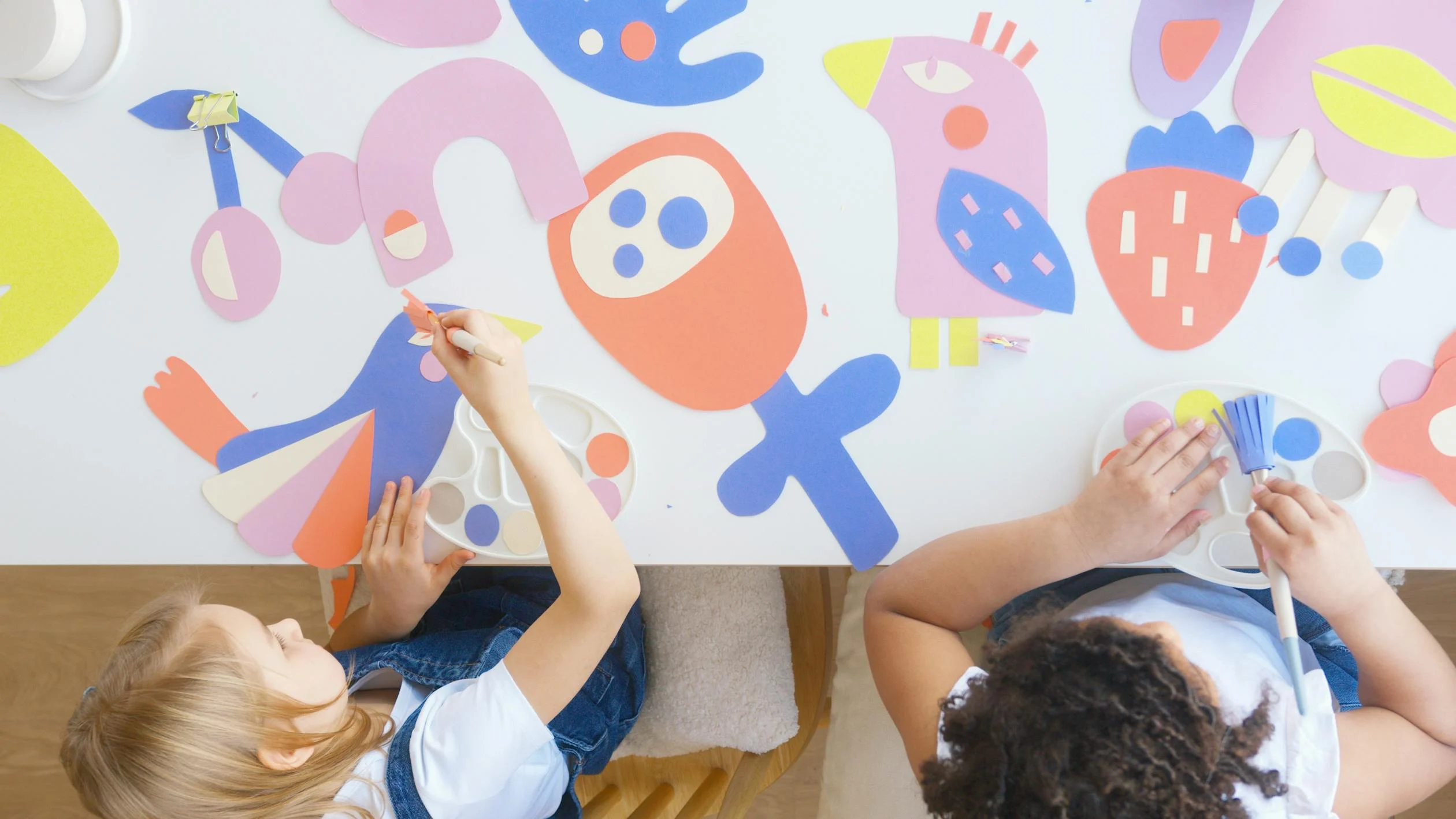Prodigies have always fascinated people—these are kids who are proficient in specific subject areas like music or math, and it seems like they just have a natural talent for such. But the question is, do all kids have the potential to be prodigies?
How to raise a prodigy
The answer is a little more complicated, but for the most part, the answer is yes. That said, there are a lot of factors that can affect whether or not a kid becomes a prodigy.
Firstly, it's important to understand that special abilities come from a mix of natural traits and outside influences. Some kids might be gifted with certain abilities, but it's the supportive environment that helps them grow and develop those talents.
The science of prodigal offspring
Studies in developmental psychology indicate that early exposure and opportunities for exploration are crucial in the development of exceptional abilities. Parents who actively encourage their children to explore various interests and provide abundant opportunities for learning and practice are setting the stage for remarkable talents to emerge.
It's important to remember that becoming good at something takes a lot of hard work and effort. You can't just become a genius overnight; you have to keep practicing and working at it. Parents should teach their kids that it's okay to make mistakes and that the most important thing is to keep trying and never give up. With this mindset, kids can become good at something (and more importantly, they become motivated to do their best).
At the same time, one must be careful when considering the idea of a prodigy. We don't want to put too much pressure on kids to live up to unrealistic expectations. This can hurt their happiness and ability to grow as people. Instead, we should create a supportive and loving environment that helps them feel good about themselves and focus on their growth and happiness.
The parent's role
So, you want your kid to be a genius? Well first, you gotta recognize their unique talents and passions. Don't force them to do things they don't like, let them be themselves and express themselves freely.
Secondly, provide your kids with opportunities and resources that match their interests. This could be things like music lessons, science and technology activities, or art classes. By doing this, you can help your kids develop their talents.
And thirdly, you ideally want to start them young. Kids' brains are like sponges, and they absorb concepts quickly and efficiently. Let them explore, ask questions, and engage in meaningful conversations. This helps their brains grow and develop, and it can also make them want to keep learning for the rest of their lives.
By creating an encouraging and nurturing space that promotes experimentation and self-improvement, parents can help their kids discover their hidden abilities and give them the tools they need to reach their full potential.










